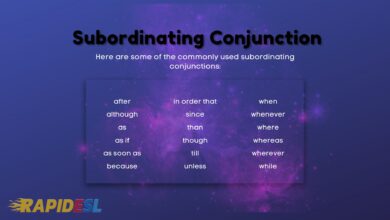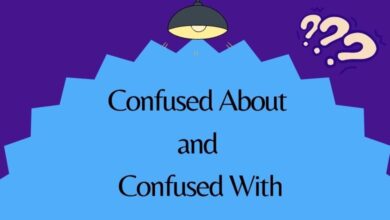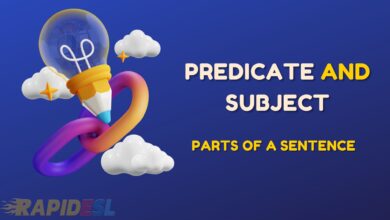
The Future Tense With ‘Will’ and ‘Going to’
The concept of the future tense in English may appear challenging for ESL learners. There are two primary future forms frequently used in everyday conversations: the future with “will” and the future with “going to.” The key difference between these two forms lies in their usage: “going to” is employed for plans and intentions established before the moment of speaking, while “will” is utilized to discuss future events at the very moment of speaking.
In English, there are two fundamental future tenses that describe events occurring in the future. In addition to these, there are advanced future tenses that can be explored further. The first of these future tenses is the one that employs “will.” This form is used for discussing future events that have been decided upon just recently, for making predictions, and for making promises.
Examples:
- I think I’ll go to that party next week.
- The economy will improve soon.
- Yes, I will marry you.
Structure for the Future With ‘Will’:
Positive: Subject + will + verb
(I, You, He, She, We, They) will come to the party.
Negative: Subject + will + not (won’t) + verb
(I, You, He, She, We, They) won’t have time tomorrow.
Questions: Question word + will + subject + verb
What will (he, she, you, we, they) do?
The usage of “Going to” in future.
The future with “going to” is used to express events that have already been planned for the future, as well as your intentions for the future. Sometimes, we also use the present continuous tense to indicate planned events in the near future.
Examples:
- She’s going to attend university and study to become a doctor.
- We’re going to make the presentation next week.
Structure for the Future With ‘Going To’:
Positive: Subject + to be + going to + verb
I am going to attend the meeting.
(He, She) is going to attend the meeting.
(You, We, They) are going to attend the meeting.
Negative: Subject + to be + not + going to + verb
I’m not going to visit Rome next year.
(He, She) isn’t going to visit Rome next year.
(You, We, They) aren’t going to visit Rome next year.
Questions: (Question word) + to be + subject + going to + verb
Where am I going to stay?
Where is (she, he) going to stay?
Where are (you, we, they) going to stay?
Here are some exercises to practice using “Will” and “Going to” in future tense sentences, along with answer keys:
Exercise 1: Fill in the Blanks
Complete the sentences with the correct form of “Will” or “Going to.”
- I ____________ visit my grandparents next weekend. Answer: am going to
- She believes it ____________ rain later. Answer: will
- We ____________ go to the concert if we can get tickets. Answer: will
- They ____________ start a new project next month. Answer: are going to
- He thinks he ____________ win the competition. Answer: will
Exercise 2: Choose the Correct Form
Choose the correct form (“Will” or “Going to”) to complete the sentences.
- I ____________ call you later. Answer: will
- They ____________ buy a new car next year. Answer: are going to
- She believes the weather ____________ be nice for our picnic. Answer: will
- We ____________ have dinner at that new restaurant tonight. Answer: are going to
- He thinks he ____________ pass the exam with flying colors. Answer: will
Exercise 3: Sentence Transformation
Rewrite the sentences using the given word. Use “Will” or “Going to” where appropriate.
- I think it will rain tomorrow. Transform into: Tomorrow, ____________.
Answer: Tomorrow, it is going to rain.
- She will travel to Paris next summer. Transform into: Next summer, ____________.
Answer: Next summer, she is going to travel to Paris.
- They believe they will finish the project by Friday. Transform into: By Friday, ____________.
Answer: By Friday, they are going to finish the project.
- He is going to study abroad next year. Transform into: Next year, ____________.
Answer: Next year, he will study abroad.
- We will have a party on Saturday. Transform into: On Saturday, ____________.
Answer: On Saturday, we are going to have a party.
These exercises should help learners practice the use of “Will” and “Going to” in various contexts.





